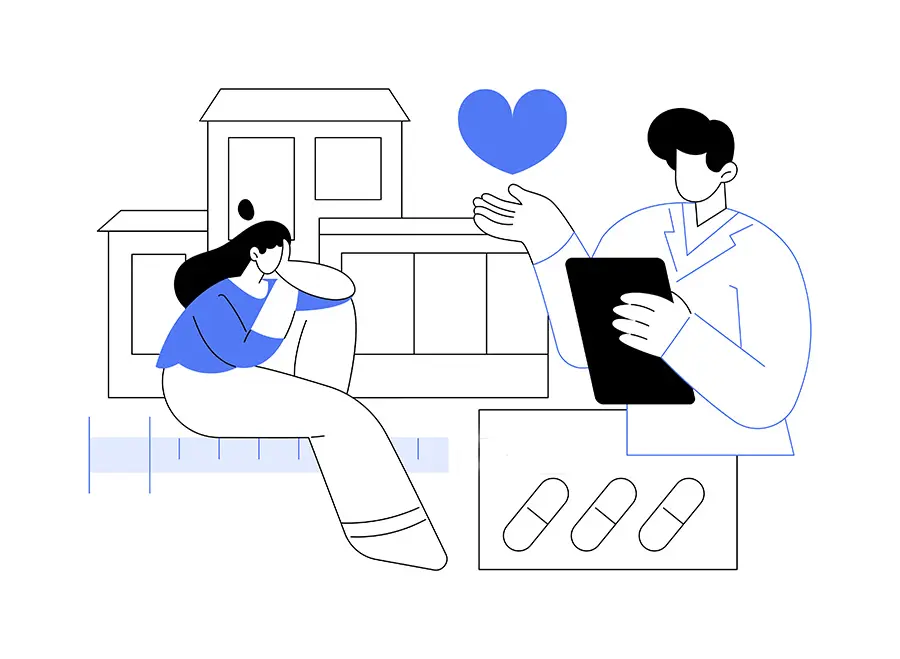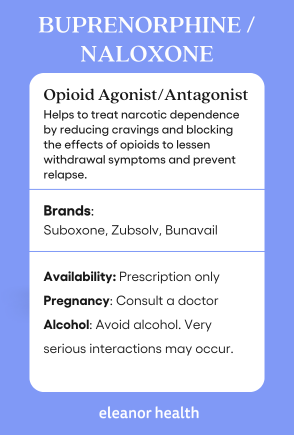What is Suboxone?
Suboxone is a medicine for opioid addiction approved in 2002 by the U.S. Food and Drug Administration (FDA). Only certified doctors can prescribe it because it has a moderate risk of dependence. Suboxone will help with your opioid addiction but doesn’t cure it. Treatment usually includes therapy and peer support in addiction to medication for the best results.
If you or someone you know is struggling with opioid addiction, Suboxone can help. It reduces cravings for drugs like heroin, fentanyl, and oxycodone. This article will explain what Suboxone is, how it works, and important things to remember when taking it.








